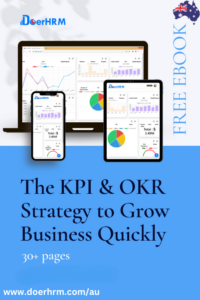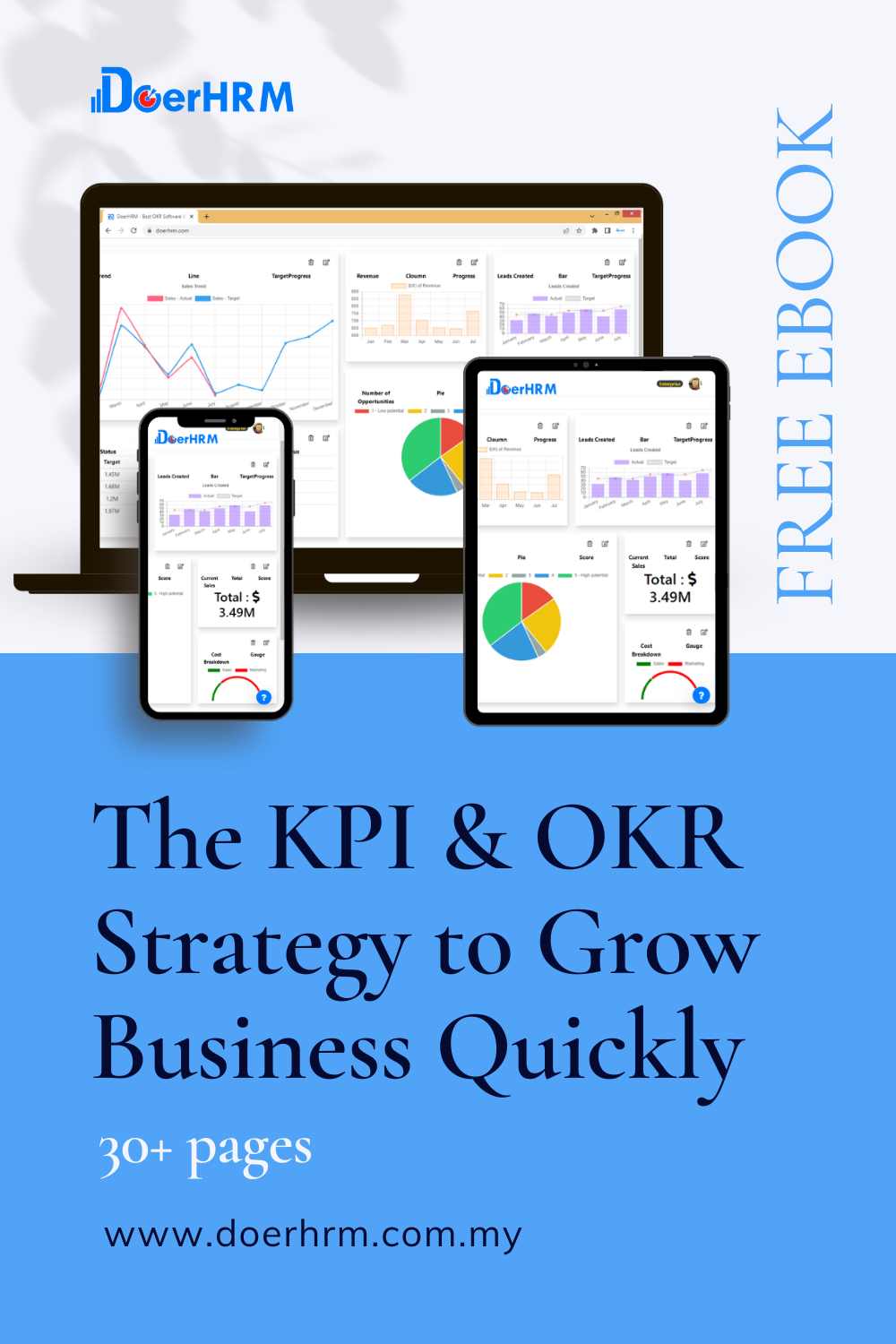Setting goals and reaching them is at the heart of how an organisation works, despite how complicated it may be. If all organisations can do this, then each one should, in theory, have the same chance of succeeding and being the one customers choose.
In reality, though, many organisations have trouble making plans and carrying them out correctly. Every organisation has a vision and tries to create value, but thriving and well-known organisations stand out because they always stay true to their vision and do what they say they will. The strategy is what gives the organisation as a whole and its employees a sense of direction.
Closing Strategy Gaps with OKR Implementation
Objectives and Key Results (OKR) is a framework for setting goals that help an organisation set big goals and then exceed them. OKR helps the organisation keep track of its progress toward its goals and find any strategy gaps in its implementation on a regular basis. It makes it easy to make quick changes and get everyone in the organisation on the same page so that the strategy can be carried out perfectly. OKR helps fill in gaps in strategy in the following ways:
OKR brings about alignment
OKR helps get everyone on the same page with the organization’s goals by setting common goals and key results. These are broken down into OKRs for the team and for each individual. So, OKRs at the lowest level are inherently linked to the organization’s goals. This creates horizontal and vertical alignment of goals and fills any gaps in strategy that happen when goals aren’t aligned.
OKR helps you set priorities and pay attention to the right things
When everyone in the organisation is on the same page about the goal, everyone from the company’s leaders to teams and individuals knows what they need to do at their level to reach the goal of the organisation. This makes sure that everyone in the company sets OKR goals at their own level that focus on the right things. When it’s clear what’s important, employees only work on the tasks that get the results they want.
OKR brings the organization’s core values into the way it works
OKR is not just about getting everyone on the same page and setting goals. OKR makes an organization’s core values ingrained and internalised at every level of the organisation through a cycle of alignment, goal setting, goal achievement, review, mistake identification, and realignment.
This makes the employees’ core values a part of their everyday lives, which shows in everything they do. So, OKR stops the strategy gap that happens when a company loses sight of its core values.
OKR addresses the issues with setting goals
OKR goals are always able to be measured and kept track of. So, the impact of the goals on the organization’s overall goals can be measured. When meeting short-term goals doesn’t lead to the results that were hoped for, periodic reviews show the problems in the goal-setting process early on. The affected employees can be trained again in the right way to set OKR goals and get back to getting things done. This fills in the gaps in strategy caused by bad goal setting.
OKR makes people work together, work as a team, and coordinate
OKR makes it easier to see how the work affects more than one area. So, it’s clear who needs to work with whom to get the results that are wanted. This helps teams work together to reach the same goals.
Also, the OKR framework is more focused on the results of the team as a whole than on individual tasks and accomplishments. So, for employees to get work done and reach their OKR goals, they need to work with their team members and other teams. The result is a team of people who work well together and are on the same page. They follow the organization’s strategy and work together to reach the organization’s goals.
OKR gives employees ownership and accountability
OKR shows everyone in the organisation at any time what teams and individuals have done to move forward. It also gives people the freedom to choose their own goals and makes them responsible for the results they get. So, the employees can see how the rest of the company is doing. They compare their goals and results to those of other groups to raise the bar. This makes them compete in a healthy way and, in the end, take responsibility for their goals and results, filling in the gaps in strategy caused by a lack of accountability.
Schedule a free demo with the OKR experts at DoerHRM to learn how to manage your strategic plans and OKRs.









